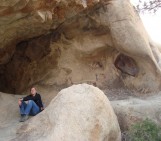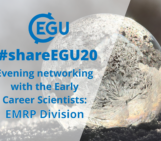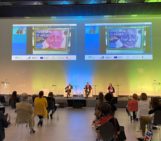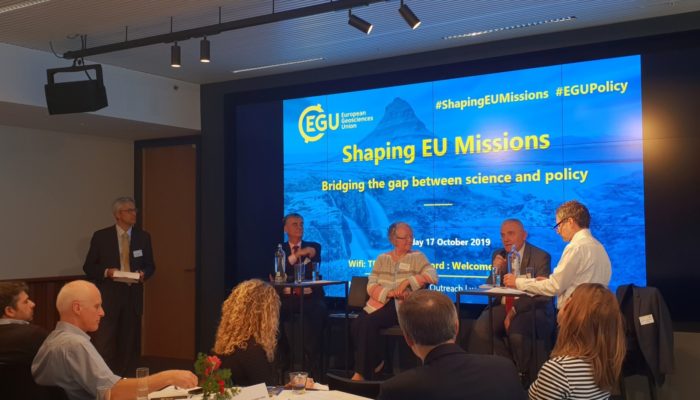
I recently had the honour of interviewing Professor Jean-Pierre Bourguignon, who completed his six-year term as the President of the European Research Council (ERC) at the end of 2019. As an award-winning mathematician, he has been a fellow of the Centre National de la Recherche Scientifique for most of his career. Bourguignon held a Professor position at École Polytechnique (1986-2012) and served as both the President of the Société Mathématique de France (1990-1992) and President of the European Mathematical Society (1995-1998). One of the founders of the EuroScience organisation, Bourguignon is a former member of its Board (2002-2006) and served on the EuroScience Open Forum committees (2004-2013).
The European Research Council was established by the European Commission in 2007 to promote research excellence in Europe. The ERC takes an ‘investigator-driven’ approach in which the sole criterion for research funding is scientific excellence. This allows researchers to identify new opportunities and directions in any field of research rather than being led by priorities set by politicians. During the interview with EGU, Professor Bourguignon highlights what he thinks the ERC’s main achievements are, why ERC-funded projects have had an exceptional impact, and how he hopes European research will evolve in the future.
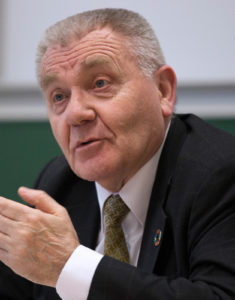
Jean-Pierre Bourguignon
Thank you for taking the time to answer our questions today. I wanted to start by asking about ERC funded research; projects funded by the ERC have had an exceptional impact, with 70% of completed projects leading to major advances and ERC-funded researchers being seven times more likely to be among the top 1% most cited. What makes ERC-funded research so effective?
During my term, the ERC has continued to attract ambitious projects, many with a high-risk/high-gain profile, and the evaluation of the projects has continued to be fully centred on their scientific quality. This looks like a deceptively easy task when, in fact, it is not because one must avoid routine taking over. The ERC evaluation scheme is based on panels discussing the applications in depth, a process that is fully recognised as a reference and one of the reasons that has made the ERC a top funding body worldwide.
The ERC scrupulously respects the bottom-up principle, the consequence being that researchers know they can submit what they feel is the most exciting and most ambitious project they can come up with. It is by giving scientists true freedom that ground-breaking results can be achieved.
What are some of the challenges the ERC has faced during your presidency and how have these been overcome?
In regards to the scientific community, the challenge of keeping the ERC funding programme very attractive remains, and I really hope that it can be successfully continued on the basis of the aforementioned principles. With respect to policymakers, at one time the initial version of the Juncker Plan was to take away money from the ERC and the Marie-Sklodowska-Curie Actions. Through intense lobbying by the scientific community, we avoided a 210 million EUR cut of the ERC budget. Still, we are facing the issue of making the case for frontier research and in these times of burning priorities, it is probably becoming even more pressing. This requires putting more effort into explaining how the research process really functions and how research can contribute to society, not only immediately but in the long run. Without an in-depth understanding of how things really work, there is no hope of coming up with appropriate solutions.
Which direction would you like to see the ERC develop in the future?
What is key for the ERC is to keep its flexibility under the guidance of the Scientific Council, its governing body. Probably the most important evolution to be achieved by the ERC is the stabilisation of its evaluation system by making it more reactive to the fluidity of the applications received. Quite a lot of reflection has already gone in this direction in close association with the scientists participating in the evaluation. Before modifying the present structure, which many evaluators consider extremely successful, it is indispensable to complete sufficiently robust tests. The need to make some changes comes from the fact that the current system has reached its limits for purely logistical reasons, in particular in the case of the Starting Grant calls. Still, we know that we must keep the key feature of high-level scientists debating over the projects.
What do you think is the biggest challenge that European researchers and scientific societies will face in the next decade, and how should they start working now to overcome it?
In order to achieve short-term goals, one can be tempted to give too high a priority to top-down programmes. There is also the risk of potentially forgetting that long-term commitments, such as the availability of stable positions accessible early enough to researchers as well as sufficiently stable recurrent funding, that are necessary conditions to attract the most talented young people. For stable positions and funding to be achieved, the scientific community needs to make persistent efforts to provide appropriate examples of how serendipity works, as well as explain the key role played by freedom of research in developing the highest quality science. This requires a connection with students early on to make the case for the values of the profession. Let me mention in passing that this can only be done successfully if integrity is recognised as one of its attributes.
What can scientists do to help safeguard European research standards?
Probably the most important point is to continue being uncompromising on the principles. The only way this can be done is if scientists are directly involved in key decisions concerning research. This also includes resisting sensationalism, which in the long run has only negative effects. As people are key for making the research successful, a sustained effort needs to be pursued to make the career of teachers, also in schools, attractive in terms of proper support by the administration and permanent training as well as salaries and benefits.
What can scientists do to promote public interest in research and increase scientific literacy?
This is a central issue requiring that scientists be taken seriously, and this can only happen if they are respected. The public interest in research depends highly on the quality of the basic education provided. If one takes a complex issue such as the environment, in almost all countries teachers have not been trained at all in providing some clues to the issue, even within the limiting prism of their own speciality. This must change, and such a change can only happen if the challenge is properly identified and dealt with in terms of the training of teachers and the value society gives to schooling.
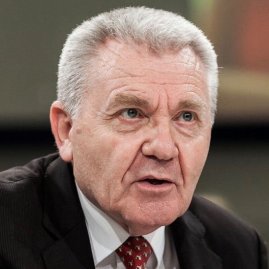
Jean-Pierre Bourguignon
What can scientists do to fight fake news and populism?
A key role of scientists in society is to show the decisive value of truth over unsubstantiated claims, as well as the value of doubt when it is used in a methodological way. Both lie at the very foundation of the scientific method.
The ERC has done so much to support scientists at all career levels, what can scientists and scientific unions do to better support the ERC in the future?
The support to the ERC cannot be separated from that of another EU programme also based on the bottom-up principle, the Marie-Sklodowska-Curie Actions programme. Its purpose is to facilitate the circulation of researchers. In these times of pressing priorities at a societal level, scientists and the various institutions representing them must speak up to make sure that researchers have enough room to take initiative. This means continuing to offer high-level expertise to peer-review evaluation both for the ERC and the MSCA. Without high-quality evaluation by debating scientists, there is no chance that these programmes can be attractive and play a decisive role in the tough battle Europe has to fight on the competitive international scientific stage. This is highlighted by the fact that we are at a moment when too many European governments are not investing enough in the support of research and researchers. The risk of too limited investments also exists at the European level partly because providing subsidies to do more of the same continues to be the central policy put forward by some countries.
What will you be focusing your energy on now that you have finished your term?
Although I did different things in my professional life, my interest for mathematics and my engagement in the mathematical community have been central. I came to know the European scientific scene when I became President of the European Mathematical Society in 1994. After six intense years involved very directly in running and defending the ERC, I want to concentrate on a much more direct relation to mathematics. My first priority is to complete two books that I have been working on for some time. I would not be surprised if some other opportunities at a more strategic level will come along, and I will assess whether I can contribute to them or not when they do.
The EGU would like to thank Professor Bourguignon for providing his insights into the achievements and future of the ERC.


